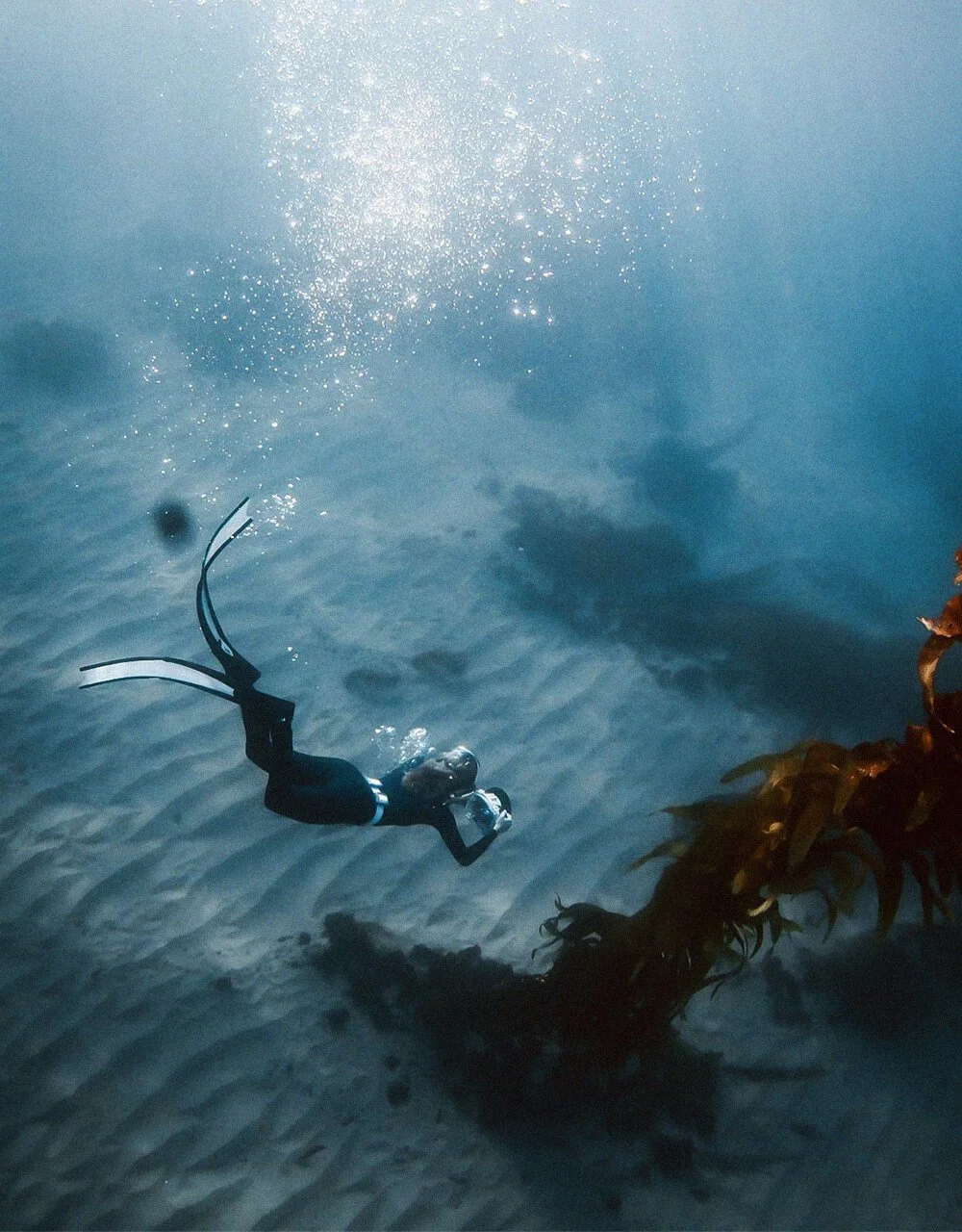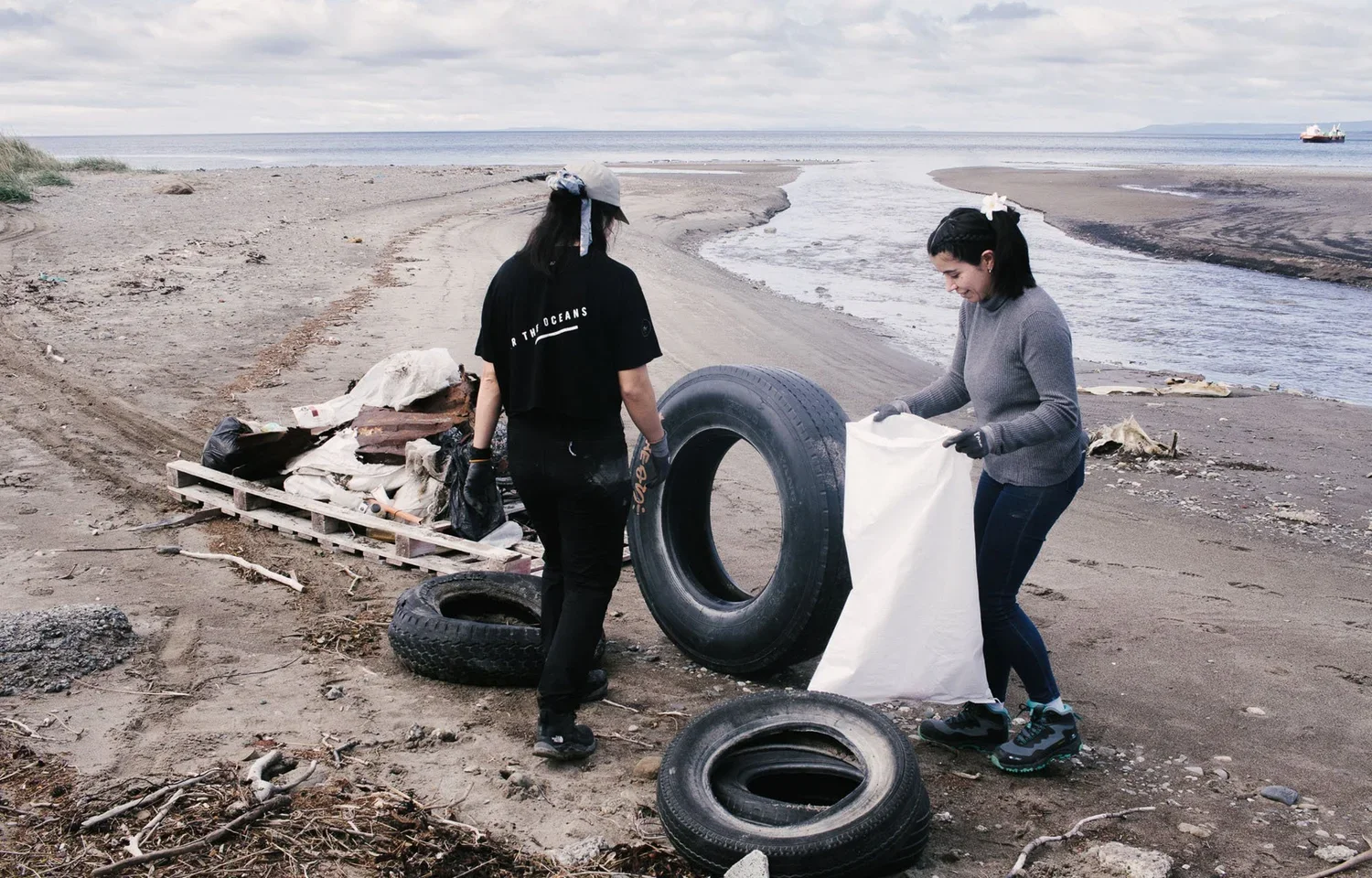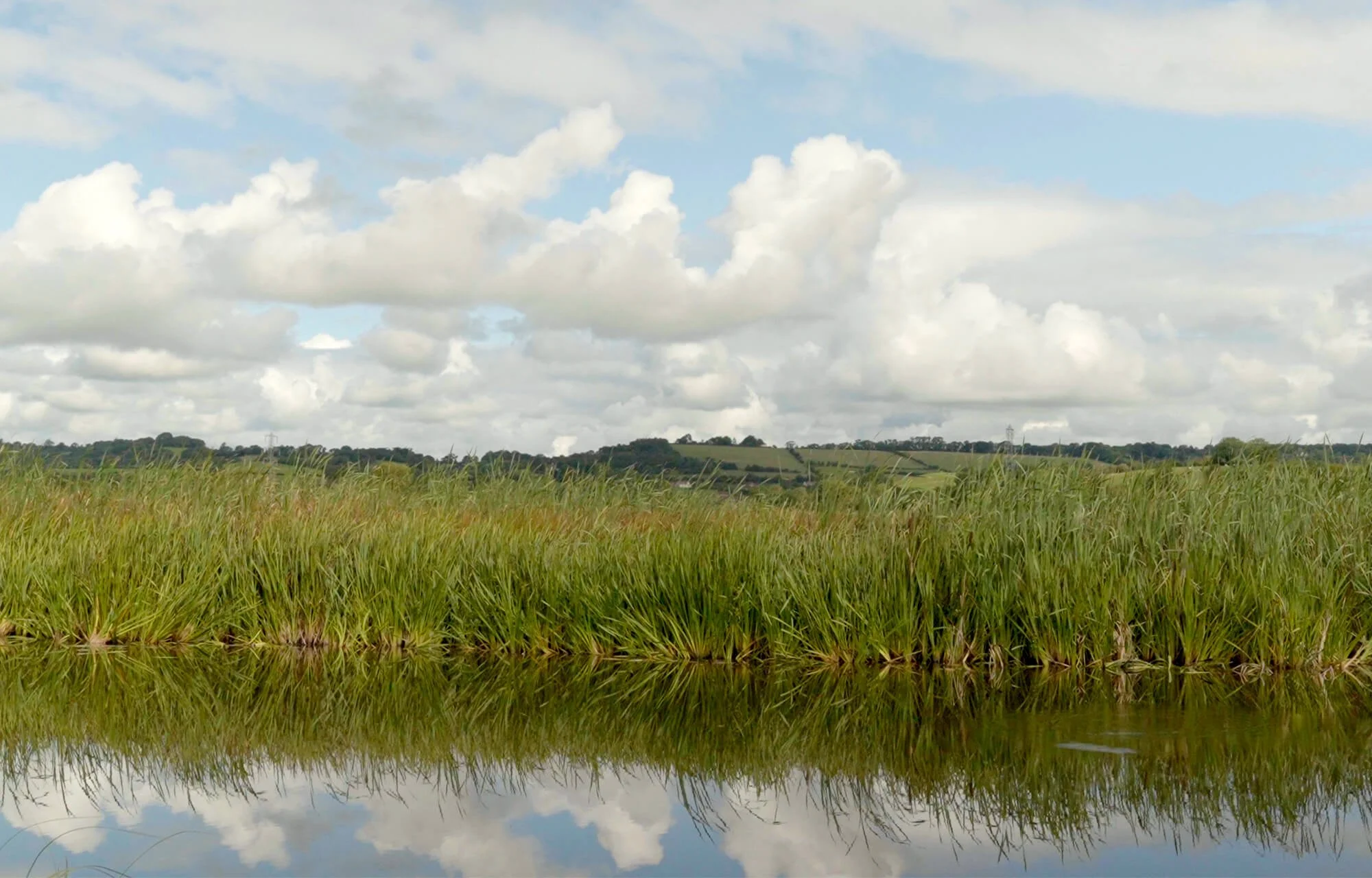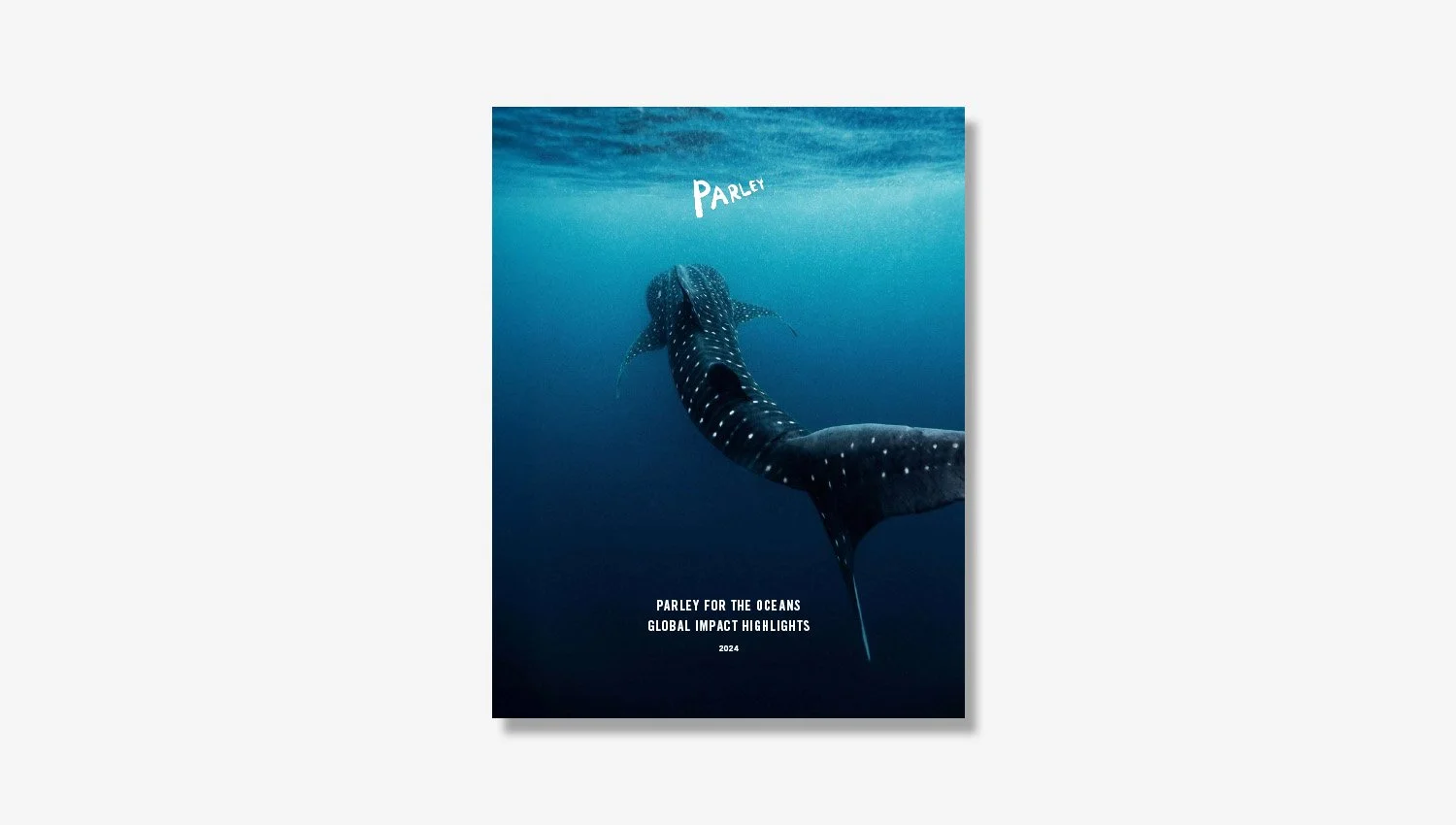Redesigning in Sri Lanka
Guided by the Parley AIR Strategy, our team in Sri Lanka recently collaborated with the Academy of Design in Colombo on a new project exploring critical ocean issues and the role young designers can play in creating solutions
Since our inception, Parley for the Oceans has been deeply rooted in the world of art and design. As our founder Cyrill Gutsch recently told Photo Vogue, when “I learned that the legacy of my generation could be a dead sea, that same day we turned our design firm into an environmental organization and impact network – what is now Parley for the Oceans.”
We continue to believe that artists, designers and creatives can uniquely and positively influence the global dialogue on oceans – and create critical solutions. With this philosophy firmly in mind, our crew in Sri Lanka recently teamed up with the innovative Academy of Design in Colombo to collaborate with a new generation of design students. The extensive Ocean Think Tank program included a coastal cleanup, recycling factory visit, film screening, workshops and projects about ocean conservation and the role designers can play in creating solutions from the very beginning of a product’s lifecycle.
The collaboration began with a cleanup at Mount Lavinia Beach in south Colombo and a talk hosted by Parley about waste and how to handle recyclables, followed by a visit to Eco Spindles – where our intercepted plastic is transformed and recycled. This hands-on experience raised awareness about the impact of plastic pollution and the complexities of recycling and upcycling. Students learned about the significance of reducing plastic waste in Sri Lanka, where coastal communities heavily rely on marine resources for livelihoods and where tourism is a major economic driver.
“I am grateful for the experiences, for the way it made me and my problems feel small, for making me look at things differently. Thank you for making me fall in love with the ocean.”
Sara Kandasamy – AoD Fashion Marketing, first year student
Students were then invited to attend weekly presentations and film screenings at AoD on ocean conservation, Sustainable Development Goals (SDGs) and specifically SDG 14 (Life Below Water), emphasizing the importance of reducing plastic pollution in protecting marine ecosystems. Design teachers and mentors highlighted the potential for students to achieve a real reduction on plastic consumption through both personal choices and as designers, working with industrial and business clients.
Fashion design students, for example, worked with interior design students to explore innovative eco-friendly materials for their designs, including recycled fabrics and sustainable textiles made from natural fibers. Graphic design students created a mural and collaborated to redesign product packaging using sustainable materials and minimalist design principles to reduce plastic waste. To conclude the program, AoD tutors and guests led students in brainstorming and developing product ideas, concepts, and mock-up designs related to fashion, interior and graphic design – inspired by the ocean conservation theme and the Parley AIR Strategy. You can see some of their work below, and hear from students about what it meant to take part.
As the Academy of Design explains, “by engaging in experiential education and sustainable design practices, we aim to contribute meaningfully to the objectives of the Ocean Decade, fostering a culture of ocean conservation and stewardship among our students and the broader community.”
“It was truly an eye opening experience,” says Anya De Silva, a first year student studying Visual Communication. “I learned facts about plastic pollution I never knew before. I love that it provides an opportunity for young creative minds to collaborate and bring awareness or possible solutions to the plastic problem.”
As Parley Sri Lanka Program Officer Philip Zerr adds, “this rewarding collaboration provided AoD students (especially first and second year) with an hands-on educational experience focused on ocean conservation and sustainable design aligned with the Parley AIR Strategy of Avoiding, Intercepting and Redesigning. Together, we explored the importance of reducing plastic waste in the context of Sri Lanka, an island nation highly vulnerable to ocean pollution, and the importance the next generation of designers can play in the movement for healthier oceans and coastal communities.”




























